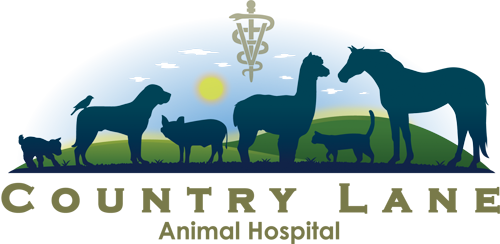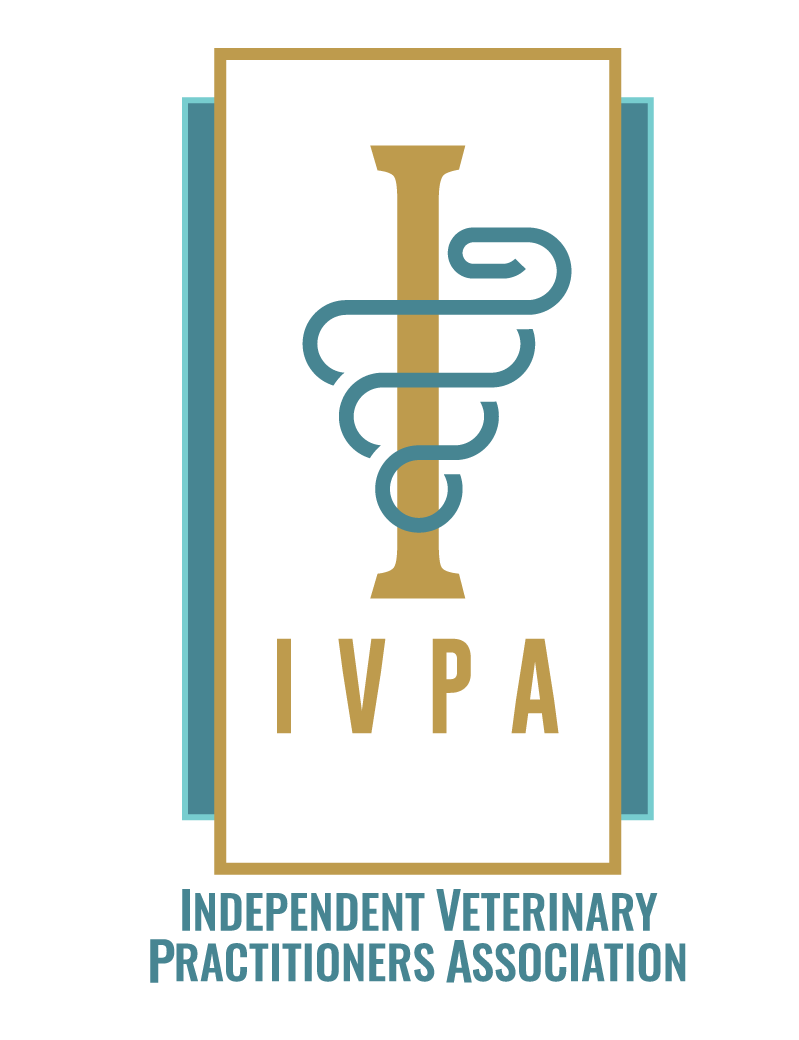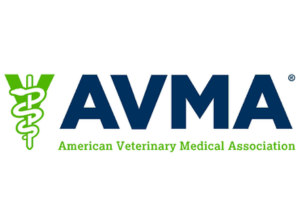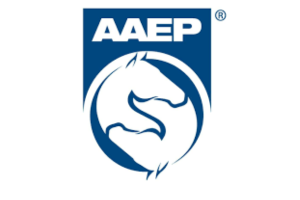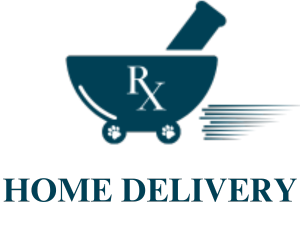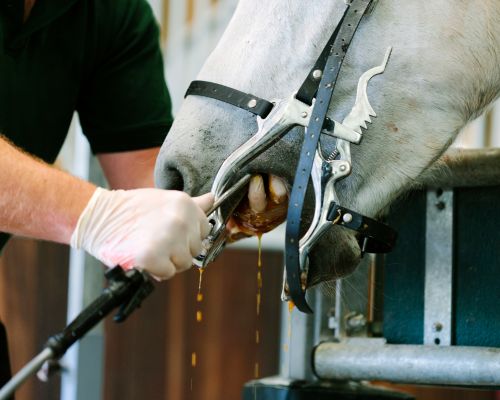Equine Dentistry
Horses need regular preventive dental maintenance every six months to one year.
Equine Dentistry
Unlike people, horses’ teeth have an eruption rate of two-three millimeters per year.
Routine Dentistry
Teeth should naturally align as they grow each year. Having teeth that don’t line up well, called malocclusions, can cause health and behavior problems.
It’s really important to spot teeth issues early on. When horses are young, certain things can happen that might mean they need more care for their teeth or that there’s a solution available. These include losing food while eating, eating hay before grain, finding grain in their water, struggling to chew or making too much spit, losing weight, seeing big pieces of undigested food in their poop that are larger than a quarter inch, tilting or tossing their head, chewing on their bit, letting their tongue hang out, trying to kick up while getting their bridle on, not liking the bit or the bridle, bucking or having trouble stopping or turning, a bad smell from their mouth or nose, seeing a bit of blood in their mouth, or having a runny nose or a puffy face. Some other horses might not show clear signs of discomfort because they’ve just gotten used to feeling that way.
